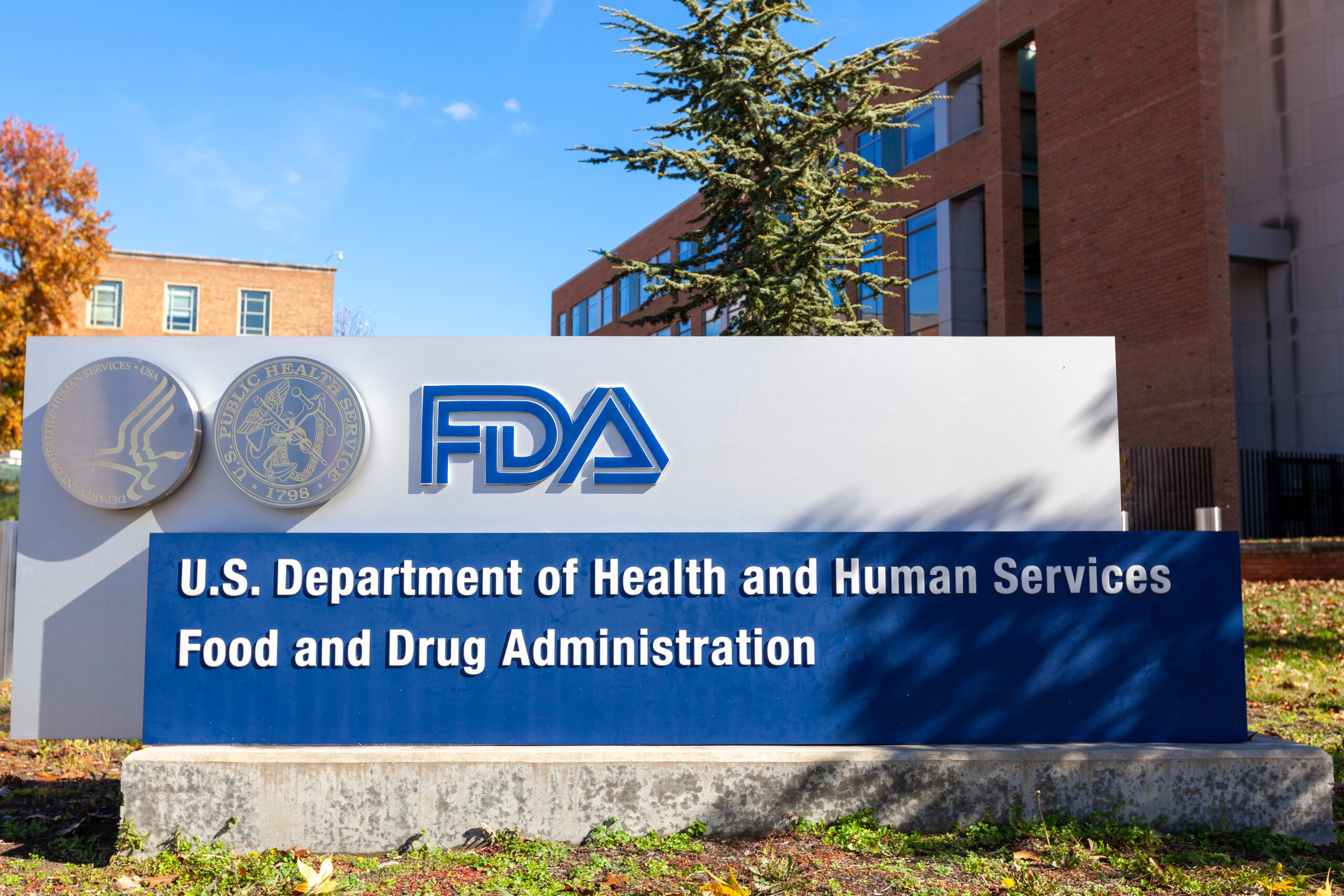The US Food and Drug Administration (FDA) has issued an alert regarding the safety risks associated with cesium chloride (CsCl), a mineral salt used in compound pharmacies to mix alternative treatments for cancer patients. The FDA warns healthcare providers that there have been reports of patients experiencing heart problems after taking the substance – whether orally or injected – which may be because CsCl lowers blood potassium which can have cardiac effects.
Pharmacists usually use compounding to make altered mixes of drugs to suit an individual patient’s needs, particularly when it comes to altering the dosage form. However, FDA has historically had little oversight of this industry, and it wasn’t until the 2013 Drug Quality Security Act (DQSA) passed that the regulator was able to take over where individual US states left off.
After searching through a database of adverse events and the medical literature, the FDA identified 23 cases where patients taking CsCl experienced serious adverse events. As a result of a request, the regulator will be moving CsCl to its category 2 list of active pharmaceutical ingredients which pose health risks when used in compounding.
“The use of cesium poses significant safety risks (e.g., heart toxicity) and is potentially associated with death,” said the FDA-issued alert. “Consumers, patients, and health care professionals should be aware of the significant potential health risks from cesium.”
Of the 23 cases identified by FDA, five of them were adverse event reports submitted directly to the regulator while 18 were found in published studies. While the majority of cases were associated with CsCl in patients taking it to try to treat their cancer, six of the reports were linked to cesium carbonate, another chemical compound containing the element.
The FDA reported that cesium doses were as low as 500 mg per day and as high as over 9 g per day, taken over an 11-day period. Cesium concentrations in eight patients taking the treatment were found to be up to 1,000 times the normal amount.
“Reported adverse events included QT prolongation (a dangerous abnormality that can impair the heart’s ability to maintain a normal rhythm), low potassium, seizures, potentially lethal arrhythmias, fainting, cardiac arrest (the heart stopped beating), and death. QT prolongation was the most frequently reported adverse event.
“Six deaths were reported with the use of cesium. FDA considers two of these deaths to be possibly associated with cesium chloride. The reports for these two deaths described cardiac arrest or arrhythmia occurring during, or within 24 hours of injection, of cesium.”
Despite the fact that FDA wasn’t able to ascertain the source of the cesium provided to patients in the reports, they will now be able to issue warning letters or seize products containing the substance from compounders making use of cesium.












Join or login to leave a comment
JOIN LOGIN